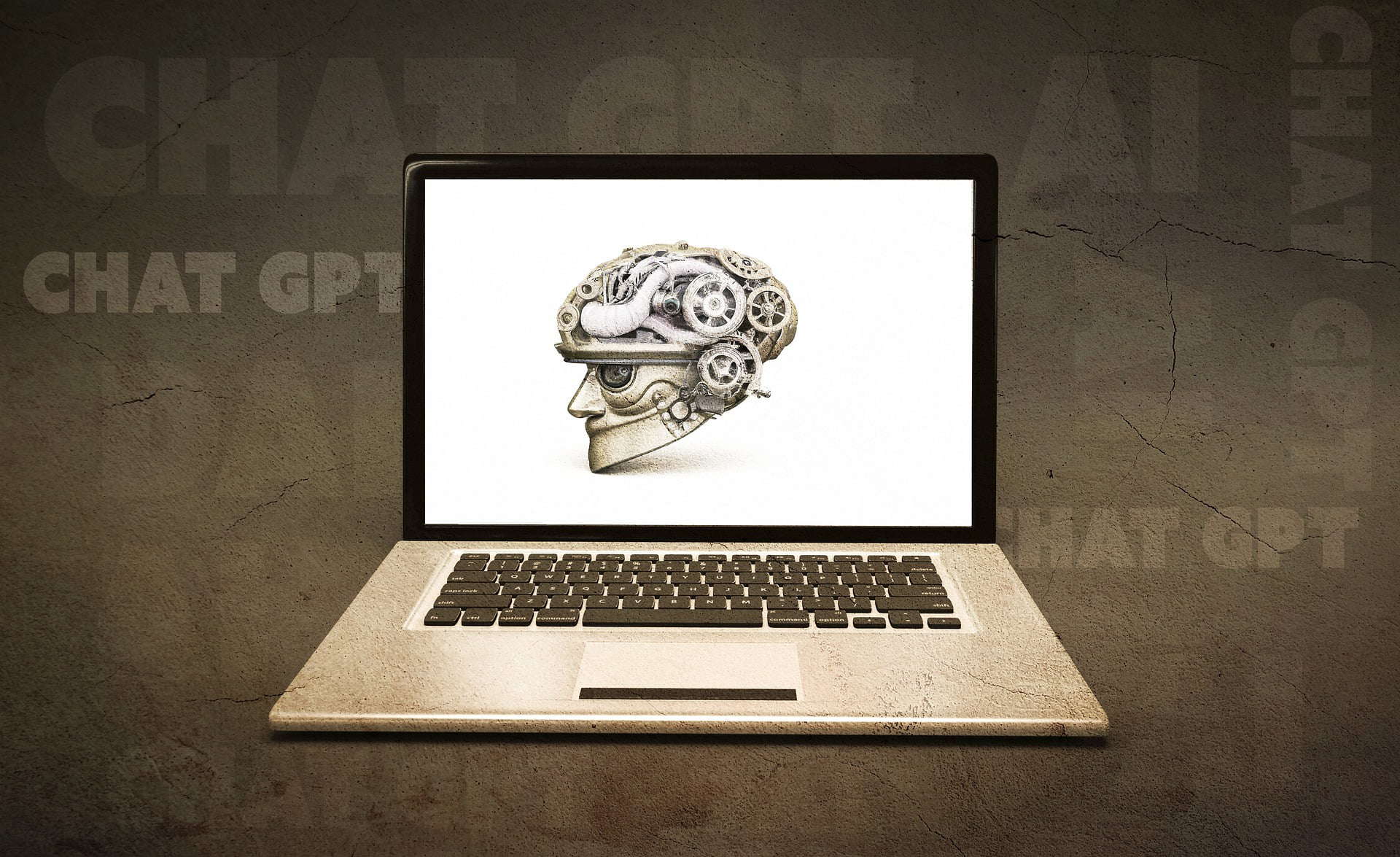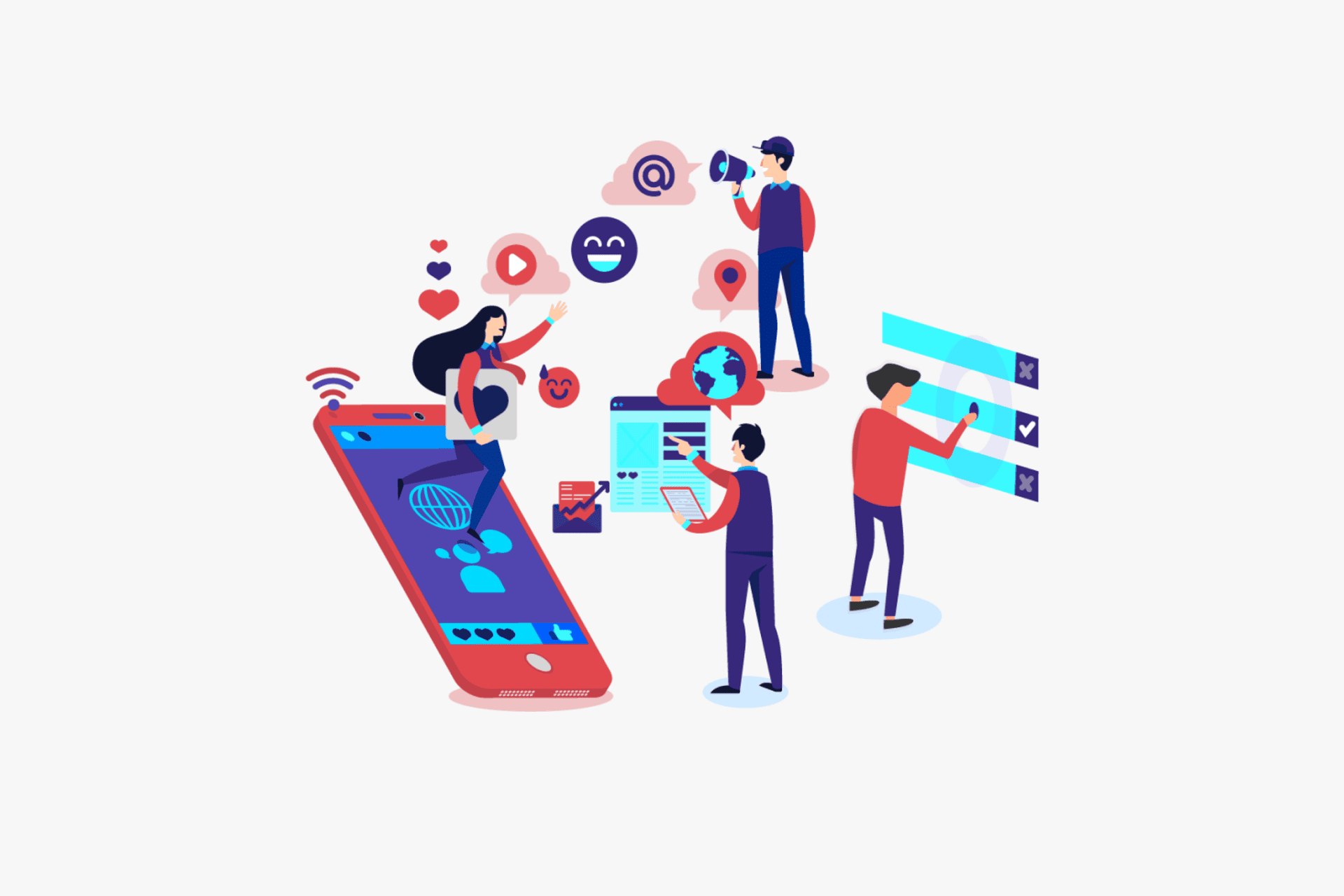One of the most important platforms for companies trying to connect with their target market and increase brand recognition is social media. Personalized video campaigns have grown in popularity as a result of the popularity of video content as a means to interact with clients and build a devoted following. Yet developing customized video ads can be a difficult and drawn-out process that calls for meticulous strategy, investigation, and content creation.
Fortunately, social media marketers can create customized video campaigns that are interesting and successful with the help of ChatGPT, an advanced language model created by OpenAI.
ChatGPT, a large language model trained by OpenAI, provides responses to text prompts that are human-like and can be used to produce engaging video content catered to the interests and preferences of specific audiences.
Want to know how ChatGPT can help social media marketers? It’s all covered in this post.
We’ll talk about how ChatGPT can assist social media marketers in developing tailored video ads in this piece. We’ll look at how ChatGPT can help you identify your audience, come up with content ideas, and produce tailored video content. We will also offer pointers and best practices for integrating ChatGPT into your social media marketing plan.

The Secret Is In Understanding This Customized Video Campaign
The secret to developing a targeted video strategy that is successful is comprehending your audience. You must have a clear understanding of your target audience’s demographics, hobbies, and social media habits before you start producing video content.
- Using analytics and data to produce tailored messages and content
- Businesses may more effectively interact with their target audience and increase engagement rates, conversions, and brand loyalty with the use of tailored video campaigns.
- A marketing strategy that uses video material that is specifically targeted to individual viewers based on their interests, preferences, and behavior works really well with personalized video campaigns. By leveraging an online video making tool, businesses can easily create customized videos that speak directly to their target audience, increasing the chances of engagement and conversion.
- Businesses can make their audience’s experience more interesting and memorable by adjusting the material to the audience’s individual interests and behaviors. Customers’ connections can be strengthened as a result, and brand awareness and loyalty can also rise. Yet, making customized video advertisements can be difficult as well.
It requires access to accurate and reliable data about the target audience. This means businesses must have the best business intelligence solutions in place to collect and analyze data about their customers. Another solution is to partner with a customer satisfaction survey company to speak with customer directly to learn their unique needs and pain points.
Making sure the video content is well-produced, aesthetically pleasing, and interesting to watch is another challenge. A combination of creativity, technological know-how, and video production expertise are needed for this. Moreover, businesses must also ensure they have the best customer support solutions in place to address any issues or concerns that viewers may have while watching the personalized video.
How ChatGPT can assist in the development of personalized video campaigns?
A robust system like ChatGPT might help businesses create interesting, custom video marketing. Marketers may create video content suited to the interests and tastes of certain audiences thanks to ChatGPT, a comprehensive language model created by OpenAI that can respond to text prompts with responses that mirror those of humans.
How is ChatGPT used?
In essence, ChatGPT analyzes massive volumes of text data using machine learning algorithms to produce responses that are both contextually and semantically relevant. As a result, ChatGPT is able to produce customized video content that is catered to the unique wants and interests of various viewers. Furthermore, utilizing a ChatGPT Chrome extension, such as BrowserGPT, can significantly enhance your ability to access the functionality of ChatGPT effectively.
The flexibility to create a variety of video content formats, including explainer films, tutorials, product demos, and more, is one of ChatGPT’s primary advantages. Businesses may produce engaging, educational, and pertinent video content for their intended audience with ChatGPT. Moreover, ChatGPT may be used to produce video content for other social networking websites like Facebook, Instagram, and others. To increase the chance of engagement and conversion, businesses can customize their video content for the platform and audience they are targeting.

How can you generate content ideas with ChatGPT to make it your ally?
- Finding relevant and interesting content ideas is the next stage when you have a firm understanding of your audience. With the help of ChatGPT, you may help create new ideas based on the preferences and actions of your audience.
- Examining Social Media Data: ChatGPT may examine social media data to find popular hashtags and trending themes. You can come up with timely and pertinent content ideas with the use of this information. You may develop a more interesting and successful video campaign by creating customized video campaigns that take into account the interests and preferences of your audience.
- ChatGPT may also evaluate news articles to find themes and news stories that are pertinent to and interesting to your target market.
- Examining Competition Content: Examining competitor material is another way ChatGPT may help you come up with content ideas. ChatGPT can offer advice on how to set your content apart from that of your rivals by examining their material. This can assist you in producing distinctive, tailored video advertisements that appeal to your target demographic.
Instructions for Creating Personalized Video Campaigns with ChatGPT
ChatGPT can offer advice on how to improve the impact and engagement of your video content. ChatGPT may provide guidance on how to enhance your video content by taking a look at information like video view rates and engagement metrics.
When creating customized video advertising with ChatGPT, there are a few best practices to remember. Businesses may ensure that their video content is engaging, effective, and appealing to their target audience by adhering to these best practices.
- to identify the specific interests and preferences of the target market. This comprises using data analytics to obtain and examine information about the audience, such as their demographics, interests, behaviors, and previous interactions with the business.
- By learning about their tastes, businesses may create tailored video content that will appeal to their target audience.
- When looking to create a video website, businesses should keep the content of the video brief and engaging. In today’s attention economy, people have short attention spans and are easily diverted. This means that businesses should make an effort to create a few minutes-long, concise, visually stunning, instructive, and entertaining videos to captivate the audience and keep them interested.
- To ensure that the customized video content is authentic and reflects the brand’s values and messaging. This means that businesses shouldn’t utilize ChatGPT to distribute bland or overly promotional content that isn’t entertaining or helpful to the audience.
Businesses should concentrate on developing succinct, unambiguous prompts that effectively deliver the desired messaging or information in order to maximize the utilization of ChatGPT for customized video marketing. Using specific and relevant keywords, phrases, or questions is crucial to achieving the video campaign’s goals.

Future Directions for ChatGPT and Customized Video Campaigns
ChatGPT and customized video campaigns are expected to become more significant in the future of social media marketing. Businesses and marketers will have access to additional tools and capabilities as technology develops further, allowing them to produce even more compelling and targeted video content. Using augmented reality (AR) and virtual reality (VR) technologies to provide customized video content is one new trend in social media marketing.
With the help of these technologies, organizations can produce interactive, immersive video content that can be customized for each user based on their interests and behavior.
Using machine learning and artificial intelligence to enhance personalized video ads is another trend. AI and ML algorithms will be able to assess large amounts of data on user behavior and preferences as they advance, enabling the creation of incredibly focused and efficient video content.
By staying current with emerging trends and technologies and using tools like ChatGPT to develop creative and successful tailored video campaigns, social media marketers can stay one step ahead of the competition. For instance, ChatGPT enables businesses to produce highly engaging and targeted video content fast and inexpensively by generating tailored video scripts and storyboards based on user data and preferences.
Concerns about privacy in personalized video campaigns
Concerns about data privacy and how user information is utilized are growing as tailored video advertisements gain popularity. These worries must be taken seriously by social media marketers, who must make sure that their customized video campaigns are both successful and consistent with data privacy laws.
The gathering and usage of personal data is one of the primary issues with tailored video advertising. Social media sites gather a lot of user data, such as browsing history, search terms, and geographic data. Although this information can be utilized to develop incredibly focused, customized video ads, it also poses issues with privacy and the unauthorized use of user data.
By utilizing cutting-edge encryption and security methods to safeguard user data, ChatGPT allays these worries. The platform ensures that user information is kept private and secure by only gathering the data required to create customized video content.
Social media marketers should adhere to a few best practices to make sure their tailored video ads are compatible with data privacy laws. They should first be open and honest about how user data is gathered and used. To achieve this, it is possible to provide brief and explicit privacy rules and get user agreement prior to data collection.
Social media marketers should simply compile the data needed to deliver customized video content. Campaigns should avoid gathering private information like financial or medical records.
Thirdly, social media marketers need to make sure that their customized video ads abide by data privacy laws like the CCPA and GDPR. This entails making sure that users have the freedom to view, modify, and delete their data as well as the right to clear and understandable privacy policies.
Overview of case studies and examples
Personalized video ads can be made with ChatGPT, a potent tool that can engage audiences in interesting and appealing ways. ChatGPT has already been utilized effectively by a lot of companies and organizations to produce tailored video content that increases engagement and brand recognition.
An illustration of this is Spotify, a well-known music streaming service, which uses ChatGPT to develop tailored video advertisements for its “Wrapped” function. wrapped in an annual feature that showcases a user’s favorite tunes, performers, and categories from the previous calendar year. Each user received a customized video from Spotify using ChatGPT that highlighted their individual listening preferences and prompted them to tell others about their Wrapped experiences. Millions of consumers shared their customized movies on social media as a result of the campaign, creating interest in the brand.
Coca-Cola serves as another example. Coca-Cola used ChatGPT to create customized video ads for its “Share a Coke” campaign. In order to make their shopping experiences more personalized, customers were encouraged to purchase Coca-Cola products that bear the names of their friends on the label. Coca-Cola used ChatGPT to create personalized video ads with the viewer’s name and an invitation to share their experience on social media. The campaign garnered over 500,000 social media mentions in addition to 7% more sales.
These illustrations highlight the potency of ChatGPT’s personalized video marketing. Businesses and organizations can boost sales by utilizing user data to develop captivating and one-of-a-kind experiences for each individual consumer. Personalized video advertising can assist grow the audience by encouraging users to share their experiences with others and fostering a sense of community.
Wrapping up How ChatGPT can Help Social Media Marketers?
ChatGPT is a helpful tool for creating customized video marketing. Because of its prowess in natural language synthesis and processing, it can produce video content that feels individualized for each viewer. By utilizing user data and creating content that speaks to each customer specifically, businesses can create personalized, engaging experiences that resonate with their intended demographic.
The importance of customized video campaigns has increased in the realm of social media marketing. Businesses and organizations can increase sales by delivering distinctive and memorable experiences that connect with each individual customer. An important differentiation for companies trying to stand out in competitive markets is the usage of tailored video content.
In conclusion, ChatGPT is a practical tool that social media marketers may utilize to create tailored video campaigns. ChatGPT may assist companies in producing lucrative video content that appeals to their target audience by analyzing data and developing customized video scripts.

